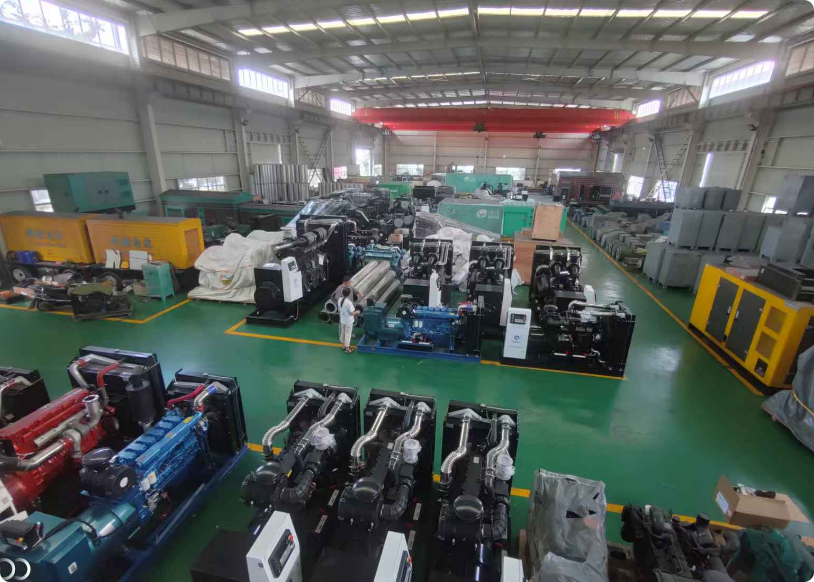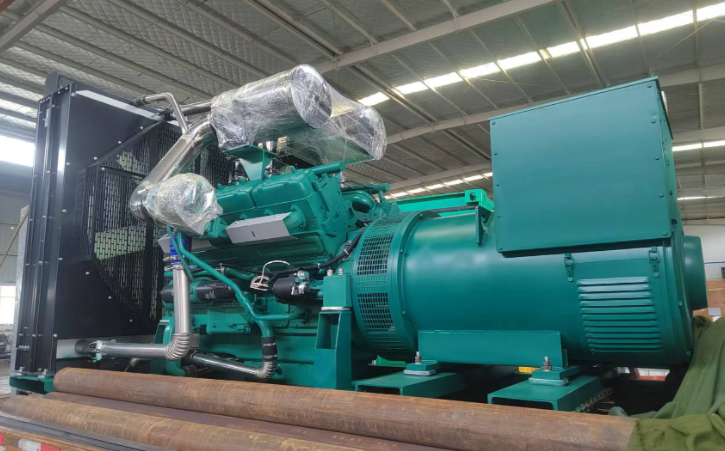News
How to Choose a Generator: Essential Safety Knowledge and Emergency Procedures
In today’s world, a reliable power source is crucial for both residential and commercial needs. Whether you’re preparing for power outages or seeking a backup solution, selecting the right generator requires more than just considering capacity and price. Ensuring safety and knowing emergency measures are vital to prevent accidents and protect your property and loved ones. This guide will walk you through the essential safety knowledge and emergency procedures to consider when choosing and operating a generator.

Why Safety Is Paramount When Choosing a Generator
Generators are powerful machines that produce electricity through combustible fuels like gasoline, diesel, or propane. While they provide invaluable backup power, improper use can lead to hazards such as carbon monoxide poisoning, electrical shocks, fires, or explosions. Therefore, understanding safety protocols is fundamental before purchasing and operating a generator.
Key Factors in Selecting a Safe and Suitable Generator
Determine Your Power Needs
Assess your essential appliances and equipment to choose a generator with appropriate wattage capacity. Overloading can cause damage or safety hazards.Opt for Certified and Quality Products
Select generators that meet safety standards set by recognized authorities such as UL or CE. Quality units are equipped with necessary safety features.Portability and Installation Safety
Consider whether a portable or standby generator suits your needs. Proper installation, especially for standby models, should be performed by professionals to ensure safety.Fuel Type and Storage
Choose a fuel type that is safe and readily available. Store fuel in approved containers away from living areas and heat sources.
Essential Safety Knowledge for Generator Use
Operate Outdoors in Well-Ventilated Areas
Always run generators outside, away from windows, doors, and vents to prevent carbon monoxide buildup, which can be deadly.Use Proper Extension Cords
Ensure extension cords are heavy-duty, grounded, and suitable for outdoor use to avoid electrical hazards.Keep the Generator Dry
Avoid operating in rain or wet conditions to prevent electrical shocks or short circuits.Regular Maintenance and Inspection
Follow manufacturer guidelines for routine checks, oil changes, and filter replacements to ensure safe operation.
Emergency Measures and Precautions
Carbon Monoxide Poisoning Prevention
Install carbon monoxide detectors in your home. Never operate a generator indoors or in enclosed spaces.Fire Safety
Keep a fire extinguisher nearby. Store fuel safely and turn off the generator before refueling to avoid spills and fires.Electrical Shock Prevention
Never connect a generator directly to household wiring without a transfer switch installed by a qualified electrician.Handling Emergencies
In case of smoke, sparks, or unusual noises, turn off the generator immediately and seek professional assistance.
Final Tips for Safe and Effective Generator Use
- Read the user manual thoroughly before operation.
- Keep children and pets away from the generator.
- Plan and practice emergency procedures regularly.
- Store spare parts and safety equipment readily accessible.

Choosing the right generator involves more than size and cost—safety knowledge and emergency preparedness are essential components. By understanding proper operation, adhering to safety guidelines, and being ready for emergencies, you can enjoy reliable power without compromising safety. Stay informed, maintain your equipment, and always prioritize safety to ensure peace of mind during outages or backup power situations.
Categories
News
Contact Us
Contact: yuchai Generator Set
Phone: +86 13312561188
Tel: +86-0871-67352758
E-mail: master@zimbon.com
Add: 11th Floor, Office Building C, Shuangcheng Intercity Business Center, No. 8868 Guangfu Road, Guandu District, Kunming City, Yunnan Province, China